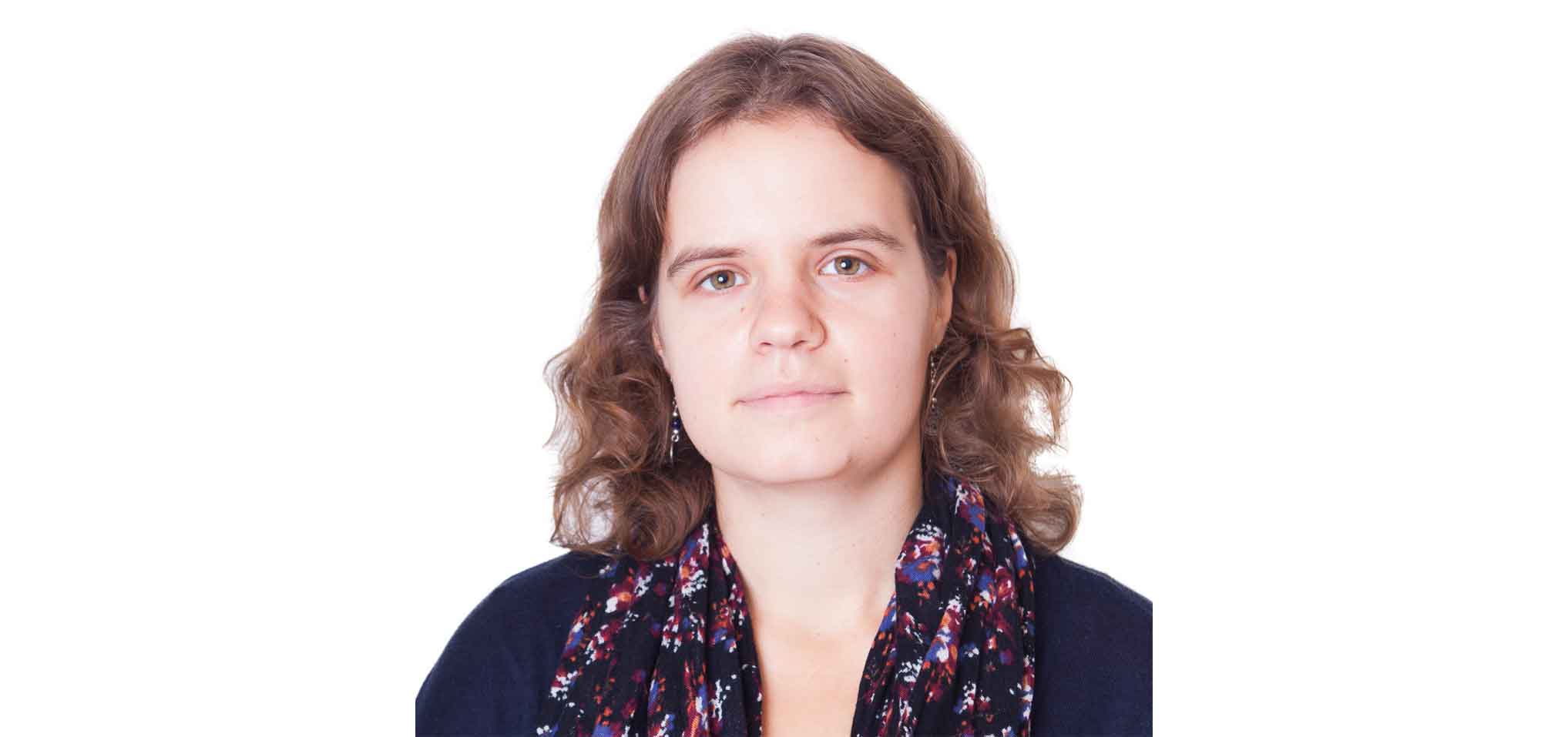In the Netherlands, nobody can’t care too much about the Eurovision Song Contest. In Sweden, just the road to the contest itself is an event that keeps families stuck to their televisions during an entire month. Paula Dubbink was along for one night.
”Last week more people voted for us than at the national elections – clearly people care more about high voices than about low taxes,” the presenter proudly announces.
The audience grins. It is Saturday night and I’m in Malmö Arena to experience what might be one of the most Swedish phenomena: Melodifestivalen.
If you, like me, come from a European country, you might have some knowledge about the Eurovision Song Contest. In a nutshell: the European Championship for pop songs, held yearly in May.
Since a last victory in 1975, however, my own dear country has hardly managed to deliver a song of proper standard. Usually, the Dutch contribution doesn’t even make it into the finals, leading to returning discussions on whether we shouldn’t quit participating.
But nothing like that in Sweden. After ABBA won with Waterloo in 1974, Sweden has had five more victories, the latest two being in 2012 and 2015, which means that the country is to host the festival this year.
To be chosen to represent Sweden at Eurovision is a real honour and has led to a long qualification process: four semi-final shows, a “second-chance” night for the songs that didn’t make it to the final directly and then the final show, where finally the artist for the ESC is elected.
That means: six nights in front of the television for Swedish families. And then we haven’t even gone international yet.
After spending the second of these nights at the live show together with thousands of people in a huge arena, I could join the choir of those critical of the entire Eurovision circus, which seems to be common among both Swedes and internationals.
And indeed, they are right when they say that Mello has a commercial side – the amount of merchandise at Malmö Arena was impressive. Yes, sometimes certain songs seem to be more about the special effects than about the content.
At the same time, during the entire night I got more and more convinced that Sweden shows exactly with Melodifestivalen a lot of what it can be very good at.
Inclusiveness: how many shows can be welcoming to both toddlers and seniors?
Hospitality: the Finnish artist that wanted to try her luck in the Swedish competition got a warm welcome. (Even though she didn’t get voted to the final. Of course, there a limits.)
Creativity, of course. And, most of all, a healthy amount of self-mockery: the show included several songs and sketches in which Mello made fun of…itself.
This weekend, one of the two artists making it directly to the final in March was a 19-year-old girl, who had her first performance ever at Melodifestivalen. Her up-tempo song was catchy and very-well sung – and obviously she was elated.
And that might be how I at least today want to look at Sweden, focusing on its best sides and for a moment ignoring the less good sides: a country in which childhood dreams can come true. In which a dark and dreary February can be illuminated by light beams, rhythmic dancing and lots, lots of candy.
A party where everyone is welcome.






